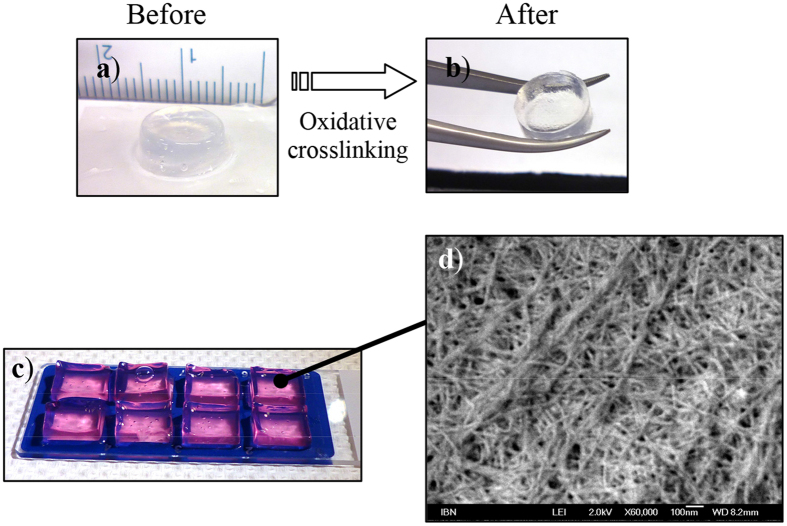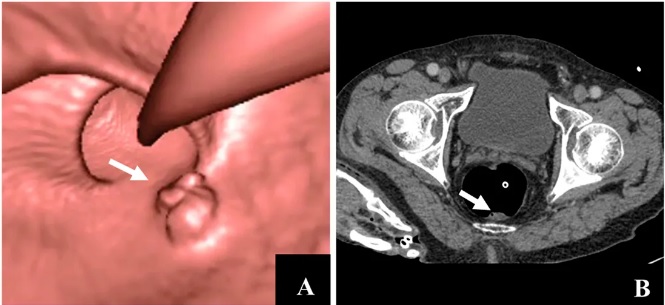Lack of Beneficial Gut Bacteria in Infants Linked to Rising Allergy Cases

A recent study published in 'Communications Biology' has revealed a concerning trend: nearly 25% of infants in the United States are deficient in Bifidobacterium, a beneficial bacteria crucial for immune system development. This deficiency is strongly linked to an increased risk of non-communicable diseases (NCDs), including asthma, allergies, and eczema, by the age of two. The research, conducted by Dr. John B. Jarman and his team, analyzed the gut microbiomes of 412 infants, selected to represent the diverse demographic landscape of the U.S.
The significance of Bifidobacterium cannot be overstated; it is among the first beneficial bacteria to colonize the human gut and has been directly associated with positive health outcomes. According to Dr. Sarah Johnson, a microbiome expert at Stanford University, “The presence of Bifidobacterium plays a crucial role in training the immune system and protecting against a range of metabolic diseases and infections.”
The study found that the deficiency of Bifidobacterium was particularly pronounced in infants born via Cesarean section, where 35% exhibited this deficiency compared to only 19% of those born vaginally. This discrepancy suggests that delivery method significantly influences the gut microbiome, potentially leading to long-term health implications. Dr. Emily Carter, a pediatric immunologist at the University of California, San Francisco, notes, “C-section delivery can disrupt the initial microbial exposure that is essential for the development of a robust immune system.”
Emerging data indicates that the first 1,000 days of an infant’s life, which include prenatal and early postnatal periods, are critical for immune system development. Factors such as the mode of delivery, breastfeeding practices, and antibiotic exposure contribute to the composition of the gut microbiome. A report from the World Health Organization highlights that environmental and lifestyle changes have caused a significant increase in allergies and asthma among children globally.
The findings of this study align with growing concerns about the rising prevalence of allergic diseases in children, with global estimates suggesting that approximately 40% of the population suffers from some form of allergy. This increase has prompted further investigation into the gut microbiome's role in immune function. “Understanding the microbial environment in which an infant is raised is crucial,” states Dr. Laura Mitchell, Director of Pediatric Research at Johns Hopkins University. “Our goal is to identify strategies to restore beneficial bacteria in infants to mitigate these rising health concerns.”
The implications of this research extend beyond individual health; they highlight an urgent need for public health initiatives aimed at educating parents about the importance of gut health during the early stages of life. As the data indicates, infants lacking sufficient Bifidobacterium may not only face immediate health challenges but also a heightened risk of chronic diseases in later life.
In conclusion, addressing the deficiency of beneficial bacteria in infants could be a pivotal step towards improving childhood health outcomes. Future research should focus on developing interventions that promote the growth of Bifidobacterium and other beneficial gut microbes, potentially reversing the trends in rising allergy and asthma cases. The study serves as a call to action for healthcare providers to prioritize gut health from the very beginning of life, ensuring that every child has the best chance for a healthy future.
Advertisement
Tags
Advertisement





